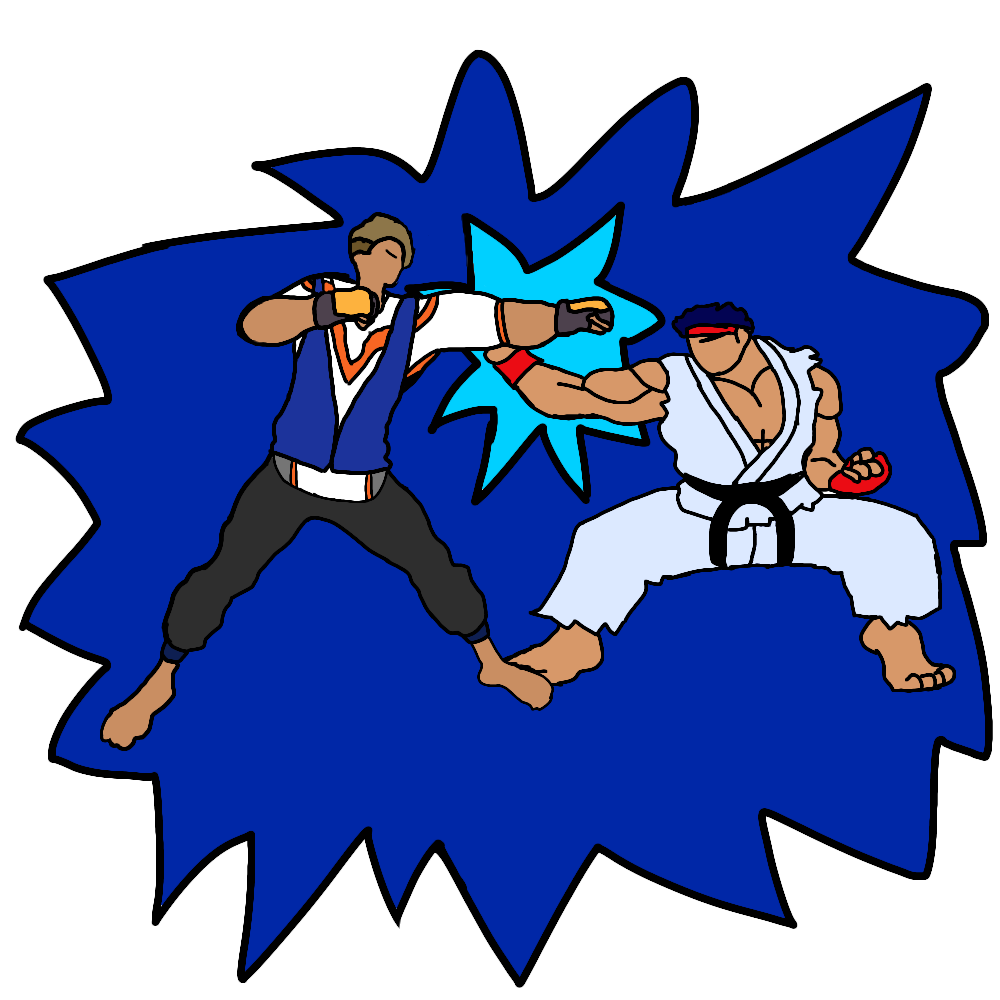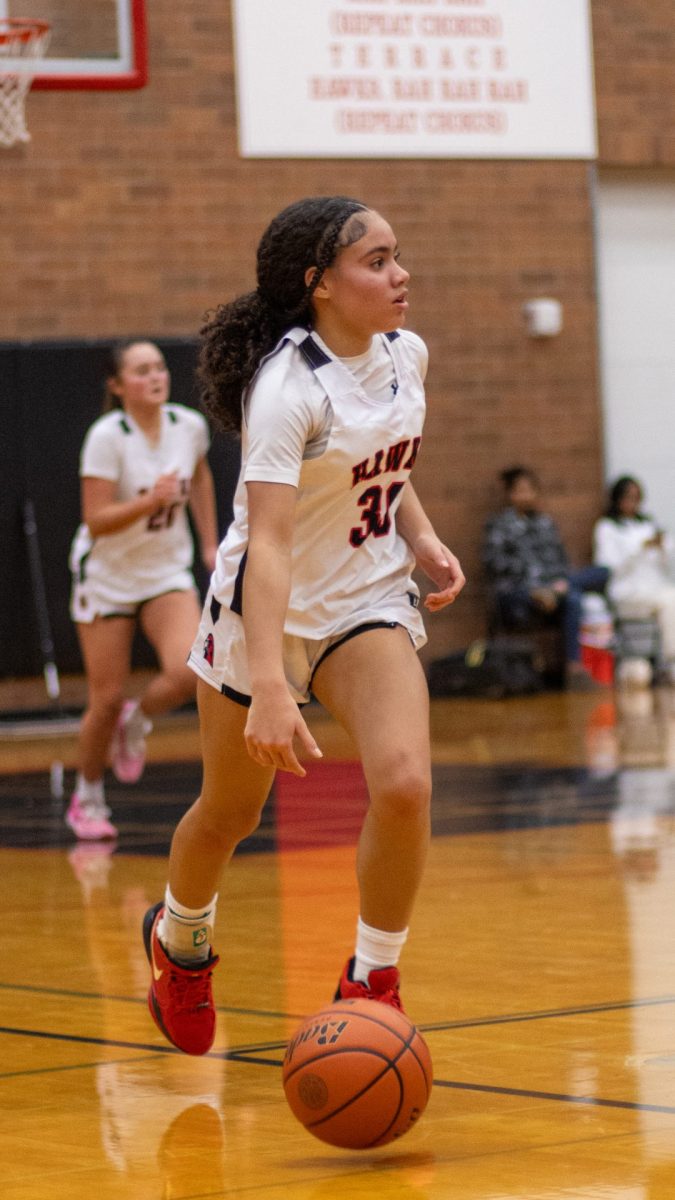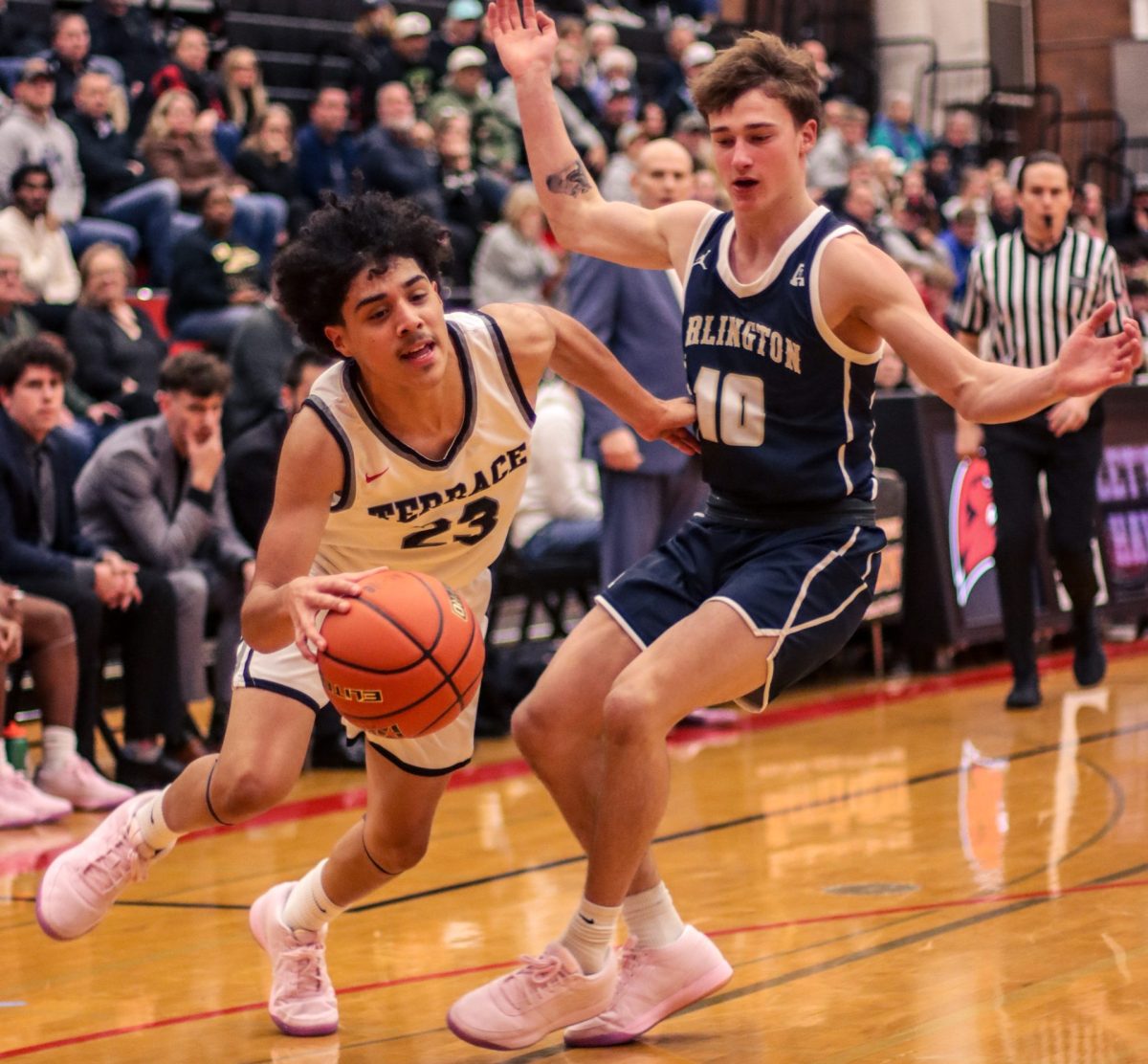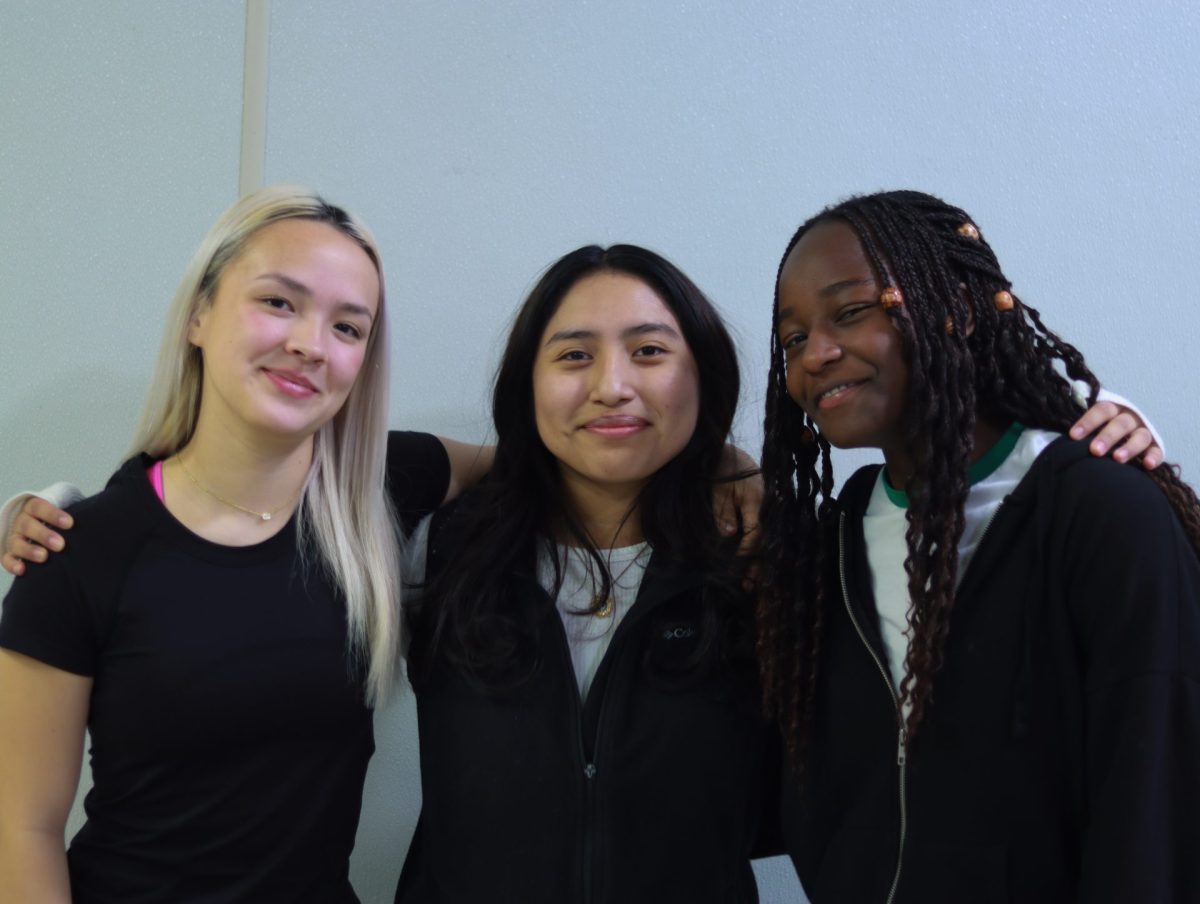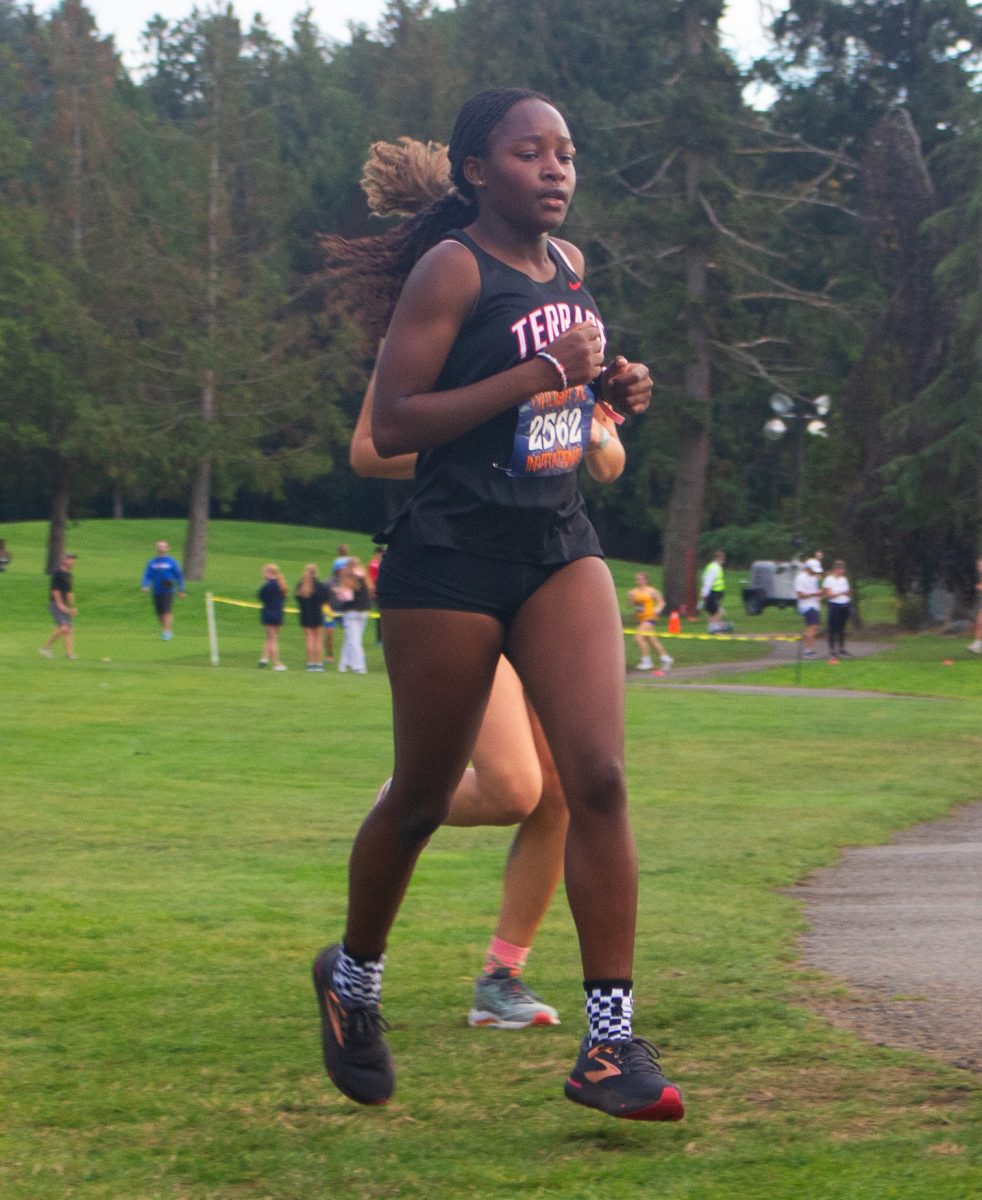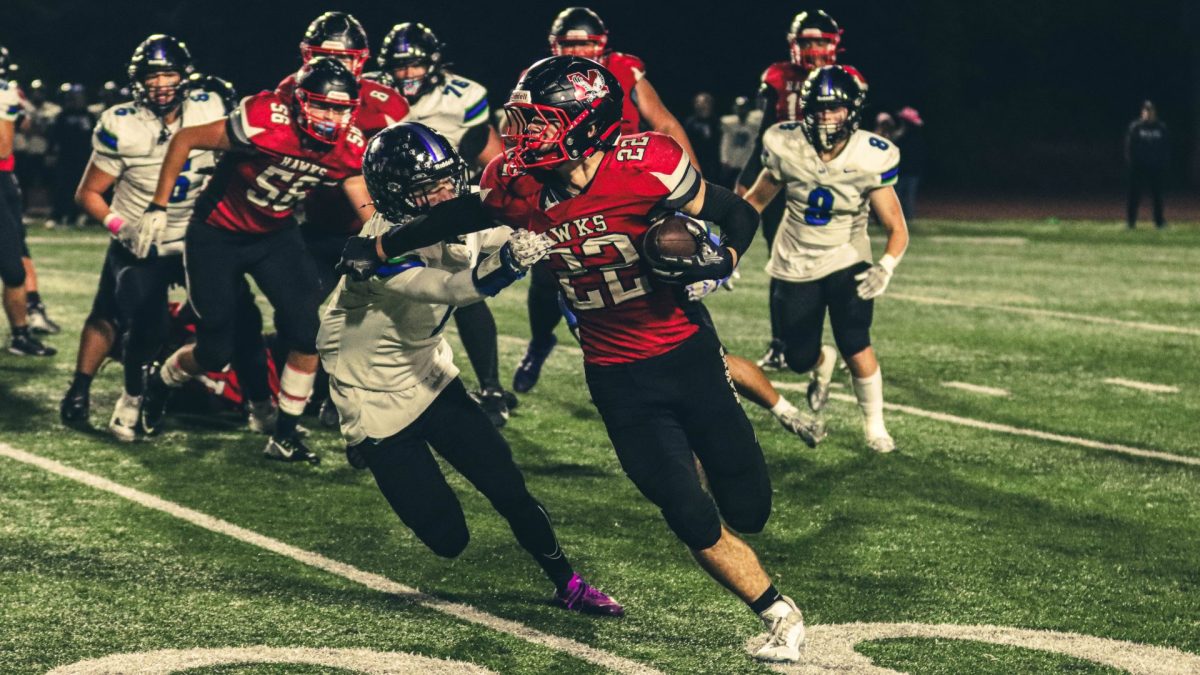To most people, they are the play caller, the team leader. Their job often seems quite simple and basic. They have to maintain a positive atmosphere for all of their younger teammates.
Captains are held to a different standard than everyone else on the team. Sometimes they have to stay after practice and games to help the coaches. They may even go into a game knowing that their team may not win, and they will still pick up their teammates. Captains. They are all around us.
But what does it take to be a captain?
How captains are chosen varies. Many are elected by their teammates, while some are chosen by their predecessor. They may have to give a speech, or be nominated by their teammates. Captains could be chosen due to good leadership skills or experience.
MTHS women’s swim captain McKenzie LeSueur, junior, has been competitively swimming since she was 8. Men’s tennis captain, John Kim, senior, got into tennis because “my brother kind of influenced me into [tennis]”. Kim’s older brother was also the previous tennis captain. Shawna Pung and Soleil Boileau, seniors and two of the volleyball captains, began playing in fifth grade on rec teams.
Not all captains have played for so long. Some have only played their sport since just freshman year. One thing in common among each and every captain is that they are each honored to be selected to help lead their teams.
Every athlete understands how special it is to be considered by their teammates or coaches for a leadership position. They feel honored, and while it may require extra work, captains feel it is worth it to make sure that their teammates have a memorable experience. Kim puts it best when he says, “We want all of them to know that tennis is a fun sport rather than an overly competitive one. Of course competition is a good primary [goal], but having fun is a close second.”
Captains want everyone to feel included, to feel like they are a part of the team. Creating, organizing team and bonding activities may be among the captains’ most important jobs. They try to help everyone feel included and make sure everyone gets along. If players aren’t getting along or showing up to practice, the captain must work something out.
Pung says that the captains are “trying to bring togetherness, like to be one [as a team]. Since we’re so small, its easier to try to work as a team and build up individual skills.”
A captain isn’t above everyone else on the team; they merely have more responsibilities and expectations. That being said, there are, as always, things that they don’t enjoy about being captain. One of the hardest things is being held to a completely different standard than the rest of the team. Sometimes they will do the smallest thing wrong, but the coach will nitpick at what they did, to show their younger teammates what not to do. It’s not that the coaches are trying to be mean, but being a captain means that they are being used as an example, good or bad.
More obvious responsibilities of a captain are controlling, to the best of their ability, what happens on the court or on the field. In some sports, they call the plays. In others, they make sure everyone is communicating and that the team is encouraging each other. After a particularly hard loss, people usually would expect a captain to give some sort of post-game speech. What they don’t realize is that the captains are on the team, and that he or she lost too. The best thing is to make sure that the team doesn’t dwell on the loss too much, that they work extra hard in practice the next day and that no one takes a loss too personally. Leah Lechtenberg, a senior and an experienced varsity player for four years says, “We try to lighten the moment and focus on the next game. It’s one game, brush it off, we always have the next couple.”
Anyone would be honored to be a captain. Of course, it comes with more responsibility, but you have to understand that there are people who look up to you. They appreciate that they’re being rewarded after years of hard work as underclassmen. Alexandria Romanowski, senior, says that being a captain is like wearing a “crown of responsibilities that weigh heavily on the mind.” And really, it is. Captains are putting in a lot of extra time, work, and energy into trying to help make their teams as good as they can be, and the games as fun as they can be.
Captains not only want to help their team, but also to help other people understand the sport they play. Volleyball captain Lechtenberg wants people to know how intense volleyball is and how hard they each have to work for one point. Lechtenberg says, “You fly your body across the room just to hit a ball, whether it’s ‘good’ or not.”
Also, Stuart Milner, senior captain of the tennis team wants people to understand how much athleticism is required to play tennis. “I’d normally say that I get more tired in a singles tennis match than I do in one of the school basketball games. It takes a lot of athleticism, but that’s not what gets you to excel at tennis. It’s basically a strategy game and you have to be smart every time you play.”
Captains spend so much energy trying to get the team pumped up and the least people can do is show up and help cheer them on. Captains may be leaders on their teams, but having fan support is something that they feed off of. If you see a player, congratulate them on a win. Wish them better luck next time. Show some MTHS pride and support our athletes.

